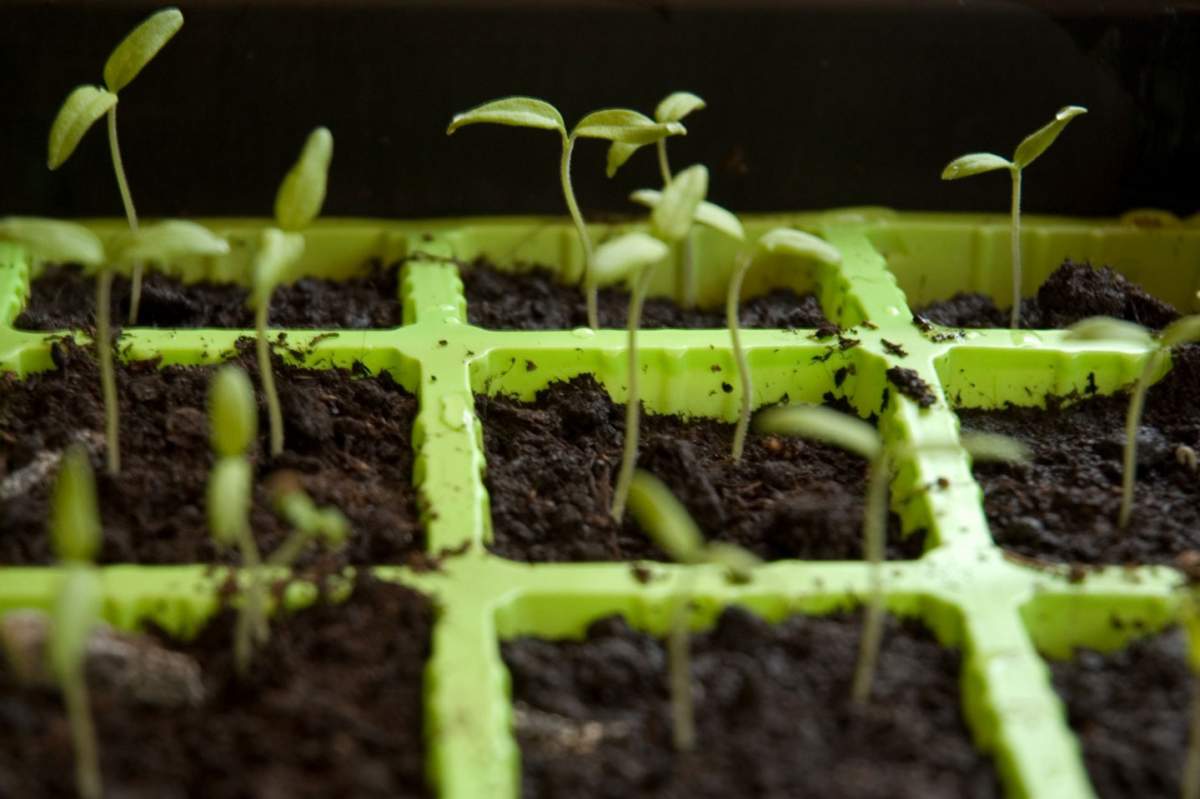
Dear A Moment of Science,
I'm a gardener, and I know that some seeds sprout soon after you plant them, while others can hibernate for a long time before sprouting. Why is that?
You're right, many wild plants have seeds that can remain dormant for many years before birthing a plant. For example, a 2000-year-old date palm seed found in Israel actually sprouted when it was planted back in 2005!
As for why some seeds can lie dormant before sprouting, it's mainly a survival technique. Consider a plant whose seeds sprout as soon as there's a little rain and warm weather--a late frost or subsequent lack of rain would kill it. So plants whose seeds lie in wait until conditions are more stable have a better chance of surviving and of colonizing new territory.
Plants with dormant seeds have another advantage, too. Scientists at the University of Kentucky explored data on seed dormancy for more than 14,000 plants. They found that those with seeds best able to time germination to favorable environmental cues not only had a better chance of surviving, but were also more likely to give rise to new plants.
So seeds that sprout quickly may be good for filling out your garden...
But seed dormancy is crucial for the survival and diversity of plant life around the world.
Read More:
"Plant seeds protect their genetic material against dehydration" (Phys.org)









